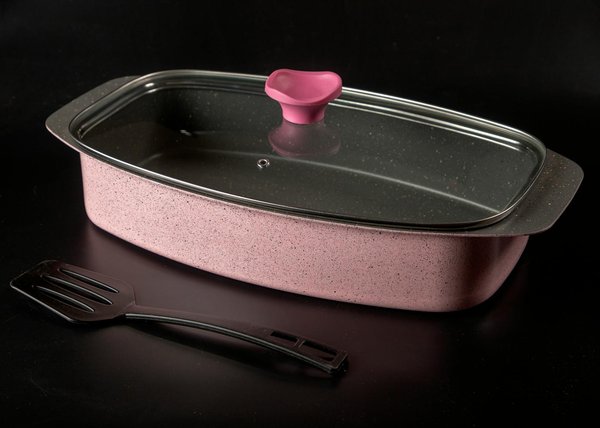The Impact of Minimalist Kitchen Design on Health and Wellness
Minimalist kitchen design plays a pivotal role in enhancing health benefits and overall wellness. By embracing decluttering kitchen practices, you create a space that supports healthy living through reduced stress and improved mental clarity. Studies reveal that cluttered environments often trigger anxiety and distract from mindful habits, whereas minimalist kitchens foster calmness and focus.
A decluttered kitchen encourages organized food storage and meal preparation, making healthy choices more accessible and less overwhelming. This environment promotes consistent, nutritious eating, directly linking minimalist kitchen design to better dietary habits. Psychological research underscores how simplicity in surroundings can lead to positive behavior changes, reducing impulsive snacking and promoting regular meal routines.
Moreover, minimalist kitchens reduce visual noise, which helps reset the mind and body’s stress response. This stress reduction translates into improved sleep, mood, and immune function, illustrating clear health benefits stemming from this design philosophy. Fostering a minimalist kitchen, therefore, supports wellness beyond aesthetics—it shapes habits and actions beneficial for your physical and mental health.
Practical Benefits of a Minimalist Kitchen for Everyday Wellbeing
A minimalist kitchen offers clear benefits that extend beyond aesthetics. By focusing on essential tools and ingredients, it simplifies meal preparation, resulting in faster and more efficient cooking. With fewer distractions and clutter, kitchen organisation becomes effortless, enabling easier access to healthy ingredients and utensils. This streamlined environment encourages a healthy routine, as users are more likely to opt for nutritious meals when cooking feels manageable.
Reduced clutter also minimizes decision fatigue. When you’re not overwhelmed by choices, preparing meals becomes more mindful, promoting better eating habits. This increased focus allows you to plan meals thoughtfully, supporting consistent nutrition without stress. For instance, having an organized pantry with staple items visible and easy to reach helps maintain balanced diets efficiently.
Ultimately, the minimalist kitchen benefits everyday wellbeing by creating a calm, inviting space that fosters better habits. This approach makes cooking enjoyable again, motivating individuals to adopt healthier routines and avoid last-minute unhealthy choices. Taking these steps can transform your kitchen experience into a positive foundation for daily wellness.
Implementing Minimalist Design Principles in the Kitchen
Embracing a minimalist kitchen starts with intentional decluttering. Begin by evaluating each item’s usefulness—eliminate duplicates and seldom-used gadgets. This step aligns directly with minimalist kitchen tips focused on freeing space, which enhances both function and visual clarity.
Next, prioritise quality over quantity. Select durable, multifunctional kitchen tools that serve multiple purposes rather than amassing an array of single-use gadgets. For example, a high-quality chef’s knife can replace several less effective tools, making prep easier and storage neater. This practice reflects the minimalist lifestyle ethos of valuing essentials only.
The thoughtful organisation not only improves efficiency but also cultivates a sense of calm. Keeping countertops clear encourages mindful cooking and eating habits. Minimalist aesthetics—think clean lines, natural textures, and neutral tones—promote focus on the meal itself, supporting healthier relationships with food.
Incorporating these wellness habits in your kitchen design ensures that space functions as a supportive environment rather than a source of stress, making everyday routines more enjoyable and purposeful.
Long-Term Wellness Outcomes of Minimalist Kitchen Living
Minimalist kitchen lifestyle fosters sustainable health habits by simplifying choices and reducing distractions. When the kitchen environment is decluttered and intentional, it naturally supports mindful eating and meal preparation. This streamlined approach removes excess, making it easier to focus on whole foods, balanced nutrition, and thoughtful portioning.
Adopting a minimalist kitchen also encourages consistent daily wellness routines. With fewer items and clearer organization, routines like meal planning, hydration, and mindful cooking become easier to maintain. The simplified space acts as an anchor for self-care habits, gently reinforcing a pattern of health-oriented decisions without overwhelming the individual.
In terms of kitchen wellness, minimalist design promotes longevity in wellbeing practices by nurturing a sense of calm and control. Clear surfaces and functional layouts reduce stress, making the kitchen a welcoming hub for healthy habits. Over time, this environment supports ongoing habit formation, helping to sustain positive lifestyle changes beyond initial enthusiasm. Ultimately, minimalist kitchen living creates a resilient foundation for long-term wellness, linking space, behavior, and mindset seamlessly.
